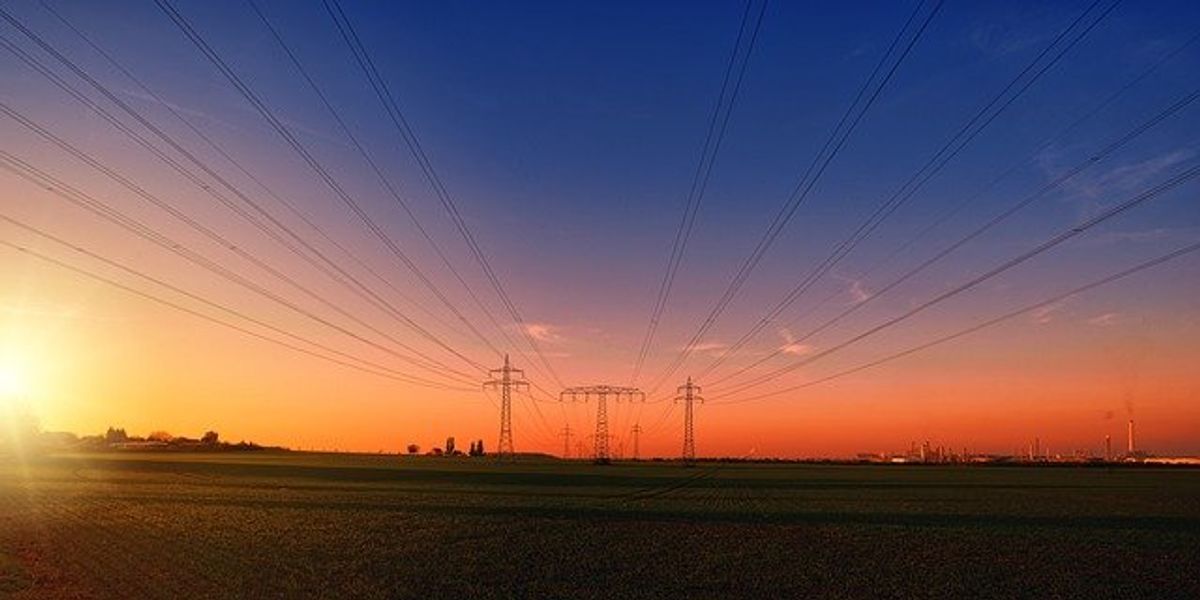
Maasai pastoralists turn to fish farming as drought decimates cattle
A devastating drought in Kenya has killed millions of livestock, forcing Maasai and other pastoralist communities to explore alternative livelihoods like fish farming and camel rearing.
Zelipha Kirobi, Desmond Tiro, and Evelyne Musambi report for The Associated Press.
In short:
- The prolonged drought in Kenya has killed more than 2.6 million livestock, pushing pastoralists to reconsider their reliance on cattle.
- The Maasai and other herders are turning to fish farming and camels, which are more drought-resistant, to cope with climate change.
- The Kajiado government supports fish farming as a new source of income for pastoralists, with over 600 families participating.
Key quote:
“We never used to live near lakes and oceans, so fish was very foreign for us. We grew up seeing our elders eat cows and goats.”
— Kelena ole Nchoi, Maasai Council of Elders chair
Why this matters:
Shifting climates threaten traditional livelihoods, forcing communities to adapt to new sources of income and food. This transformation highlights the broader impacts of global climate change on cultural practices and food security.
Related: Maasai livelihoods at stake as conservation efforts expand in Tanzania














